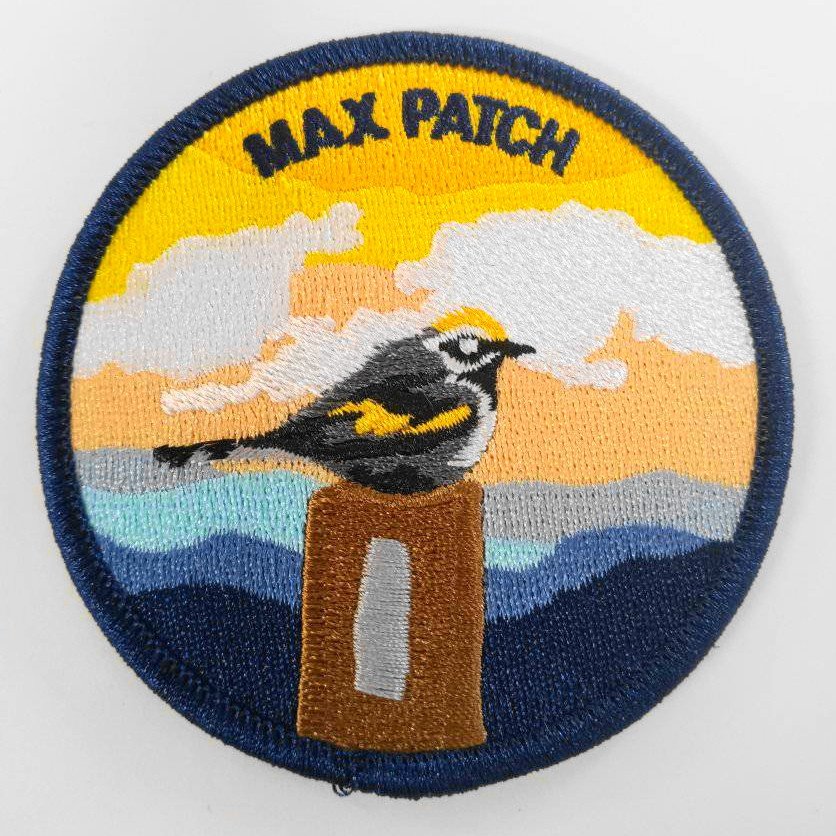
Golden-winged Warbler
Image: NRCS
The Golden-winged Warbler is a migratory songbird which has seen a massive reduction in population over the past several decades. While the warbler is currently classified as “near-threatened,” the U.S. Fish and Wildlife Service has been petitioned to list the warbler under the Endangered Species Act. The agency issued a “positive finding” and is currently reviewing all information, meaning that an “endangered” listing is possible in the near future. The warbler’s breeding grounds (which it depends upon for survival) are confined to two North American regions: The Great Lakes and Appalachian Mountains. In the Appalachian region, the bird’s population has plummeted by 98% over the past few decades. Early successional stage habitat at Roan Highlands provides critical habitat for the species, with an array of shrubs and grasses that the warbler uses for nesting and protection.
Image: Rob Campbell (USFS)
As the Golden-winged Warbler continues to lose habitat in the Appalachian Region, areas such as Roan Highlands are of critical importance. Warbler habitat areas are managed consistently to help preserve their early successional seral stage, keeping it in an ideal state for the species. Female warblers like to build their nests at the base of shrubs, and nearby forests help provide shelter from predators. Going off trail and ignoring signs threatens the warbler, as it can fragment their habitat and scare mothers away from nests (leading them to desert their young). As such, make sure to follow all signs and stay on trail when hiking Appalachian balds so that we can protect this beautiful, at-risk species in its native habitat.



